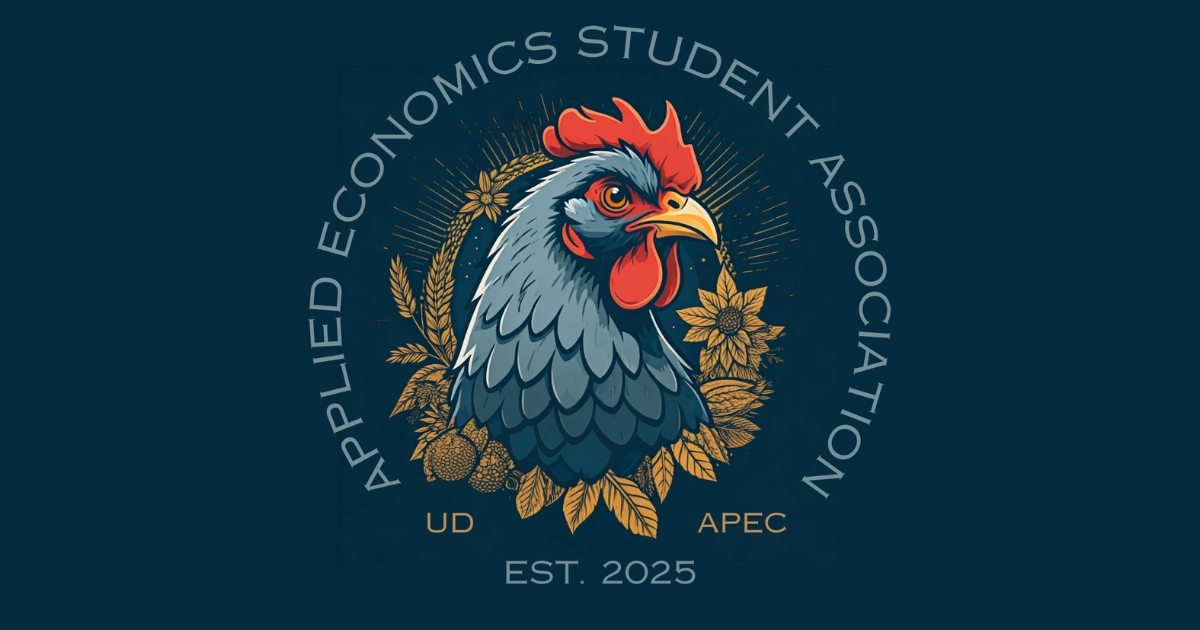
Environmental and Resource Economics major
Why major in environmental and resource economics?
Our environment is filled with scarce and finite resources — including clean air and water, fertile land, critical minerals, and energy resources — that are all impacted by human decisions. Environmental and resource economics students are trained to examine and understand relationships between producer and consumer decisions, environmental conditions, climate change, and resource availability in our changing world. Students work to answer key questions that help them identify sustainable solutions for global challenges facing society.
- How do human behavior and decisions affect the environment?
- How do resource scarcities, like water scarcity, affect our natural world and our communities?
- How are people responding to climate change?
- How can we innovate and spearhead solutions to overcome those challenges?
If you have an interest in solving these questions, building strong quantitative skills, a passion for the environment, and a curiosity to understand human decision-making, our environmental and resource economics major is for you.
What makes our program unique?
You can choose to concentrate in either 1. economics of sustainability and policy or 2. natural resource management.
Opportunities abound for hands-on undergraduate research experience with UD’s Center for Experimental and Applied Economics. Here, you engage with faculty one-on-one to learn about their research and how it is affecting the environment.
Our environmental and resource economics faculty specialize in experimental and behavioral economics. Our team in the Center for Experimental and Applied Economics aims to nurture a diverse and inclusive community to dig into environmental challenges and conduct research that can inform environmental and agricultural policy.

"I chose UD for pre-veterinary medicine because of their reputation for placing students directly into veterinary school. UD also had animal science classes and the ability to work hands on with animals when most schools don’t have an active farm on campus."
—Alex Diamond, UD Class of 2021, Cummings School of Veterinary Medicine at Tufts University Class of 2025

"The professors seemed so passionate about what they were teaching, and I wanted to feel that passion too!"
—Rory Raymer, Class of 2023 & PennVet Class of 2027
Course highlights
This course engages students in learning and critical thinking about a variety of pressing issues, such as natural resource management, environmental protection, and poverty alleviation in a regional, national, and international context. Instructors encourage students to think critically about these issues by applying basic policy and economic analysis, considering the ethical dimensions of policy, and assessing indicators of environmental quality and human welfare. Students tackle projects related to sustainability, resilience, and climate change.
Instructors cover basic micro- and macroeconomic tools and how we can use them to address issues facing agricultural producers, consumers, and public policymakers. Students use economics principles to describe and explain decision-making, apply economic concepts of supply and demand to analyze agricultural markets and markets for natural resources, describe the main areas of and reasons for government intervention in agricultural and environmental settings, and visualize and describe basic economic data.
This course gives students the tools to use microeconomic principles to understand and analyze natural resource management challenges. Students will also gain perspective on how policies can improve resource management. The course teaches students how to differentiate between renewable and non-renewable resources and identify the unique challenges around managing various types of resources.
Students develop basic economic concepts to analyze the benefits and costs of environmental policy. They will learn how to review valuation techniques as well as assess market failures and externalities. The course incorporates climate change and sustainability into discussions of policy and markets.
This sample shows just one possible pathway to earning a bachelor of science degree in Environmental and Resource Economics in four years. This plan does not replace the advice of your advisor.
Career Outcomes
After graduation, many of our environmental and resource economics majors choose to pursue graduate programs, including degrees in economics, business, environmental science, and law. Others immediately enter careers in consulting, non-profits, education and government.
Some careers include:
- Economic consultant
Environmental consultant
Database management
Environmental lawyer
Public policy analyst
Geographic information system analyst
Peace Corps volunteer
Economic Resource Service (and other U.S. government agencies)
Environmental scientist
Environmental protection specialist
Natural resource educator
“With the tools students learn in our program, they are well positioned to get a job immediately after graduation. Our graduates are ready to tackle important societal challenges, and they have the tools to identify solutions that will make a meaningful impact.”
—Leah Palm-Forster
Related student organizations
Apply and Learn More

APPLY NOW
Associate Director, CANR Undergraduate Recruitment




